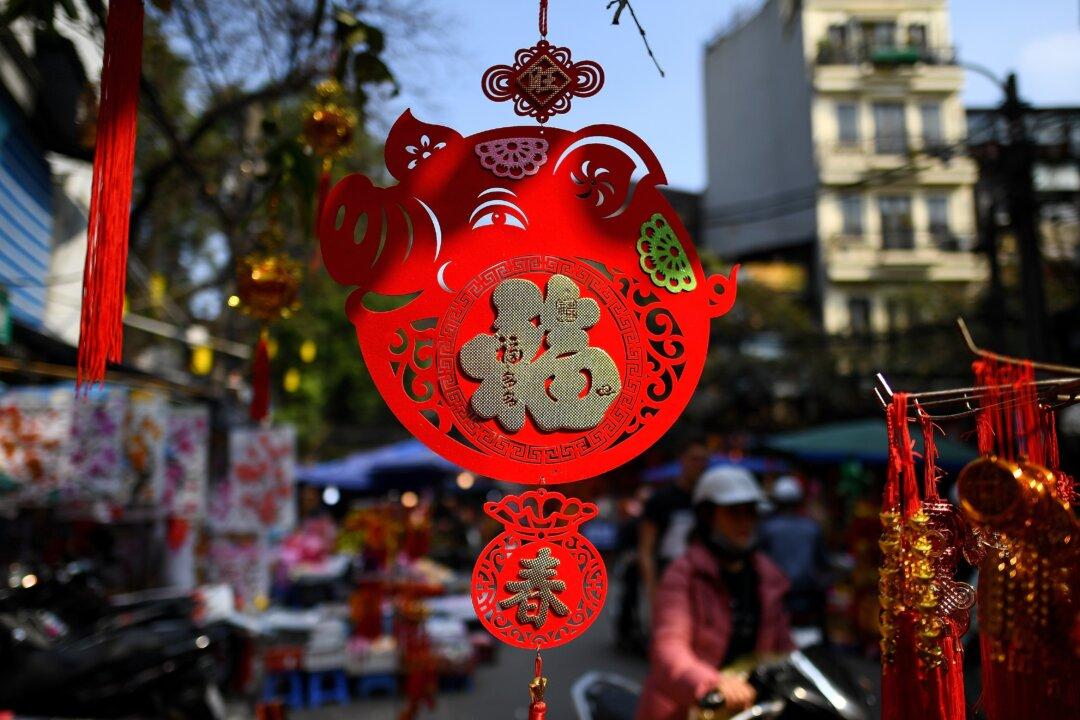In the Northern Song Dynasty (A.D. 960–1127), Jia Yi and Li Shishi were lovers. Jia was a military attaché who was very handsome and known for his talent of writing poems. Li was a famous courtesan and very good at singing, dancing, and poetry.
They loved and appreciated each other.
Later, Emperor Huizong (A.D. 1082–1135) learned about Li Shishi and started to visit her. The emperor also enjoyed Li’s beauty and talent, so Jia had to end his relationship with her.
Heartbroken, Jia wrote a poem to express his feelings for Li and his jealousy toward the emperor.
The poem was discovered by a cruel minister named Gao Qiu who had Jia imprisoned. Jia was still grieving his lost love when he also lost his freedom.
In the 13th century book Old Incidents in the Xuanhe Period of the Song Dynasty,(1) the expression 天羅地網 (tiān luó dì wǎng) was used to describe Jia’s situation. Literally, it means nets above and snares below and is translated as a net from heaven to earth. Later, it became an idiom to describe when one is in a dangerous situation and has no recourse.
Note:
- “Old Incidents in the Xuanhe Period of the Song Dynasty” included many versions of storytellers’ tales supposedly on historical events. It is divided into 10 chapters, roughly covering the history of the Song Dynasty from the early 11th century to the establishment of the Southern Song regime in 1127. The Chinese name of the text is “大宋宣和遺事” (“Dà Sòng Xuān Hé Yí Shì”).




